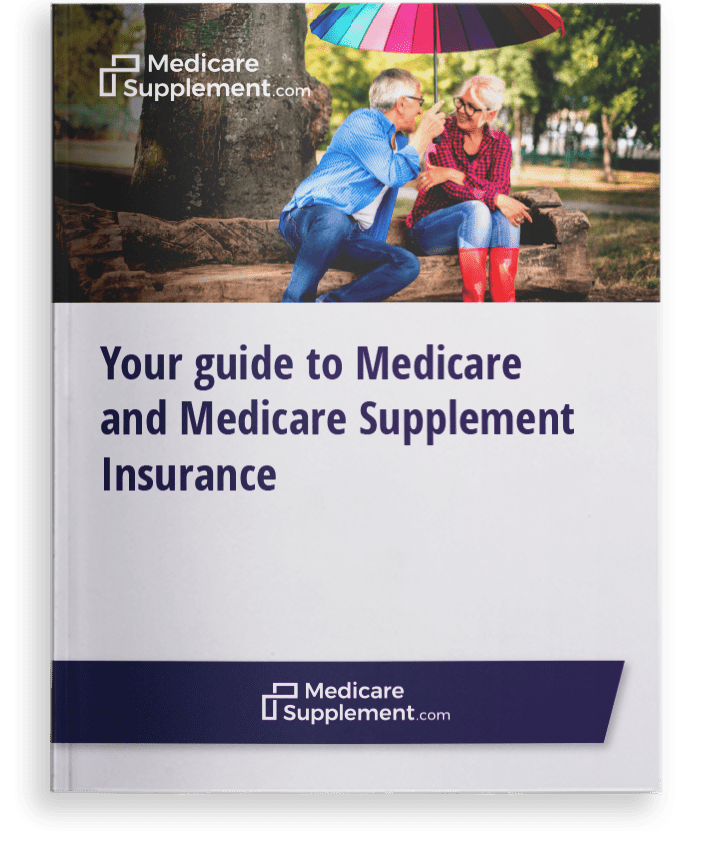Costs
How To Pay For Nursing Home Care
Medicare pays for short-term skilled nursing care and rehabilitation following hospitalization, but does not cover nursing home or assisted living costs. For that, you may need Medicaid, private long-term care insurance or Veterans Affairs benefits.
Does Medicare Pay for Assisted Living?
Unfortunately, Original Medicare doesn’t cover nursing homes or assisted living communities. However, Medicaid or Medicare Advantage plans may help with assisted living coverage.
Medicare Coverage for Senior Living Apartments
Medicare won’t cover assisted living coverage. However, there are several options that may offer coverage under Traditional Medicare or Medicare Advantage plans.
- Skilled nursing care: If you need skilled nursing services temporarily, Medicare Part A might cover it.
- Therapy and rehabilitation: Medicare Part B can cover physical therapy, occupational therapy, and speech-language pathology services provided in an assisted living facility.
- Hospice care: If you have a terminal illness and choose hospice care within your assisted living community, Medicare can help with related costs under its hospice benefit.
- Durable medical equipment: Medicare Part B can partially cover items like wheelchairs or walkers.
How to Find Assisted Living Facilities Covered by Medicare
Start your search at the Medicare Nursing Home Compare to compare quality ratings of nursing homes.
For assisted living facilities, check out the Eldercare Locator provided by the U.S. Administration on Aging.
- Get recommendations: Ask friends, family, or healthcare professionals for their suggestions.
- Contact your state's Department of Aging: They can provide information on licensed facilities and financial assistance programs.
The Real Assisted Living Costs
According to a survey from Genworth, the national median cost for residential care at an assisted living facility was $54,000 per year in 2021. However, costs can vary depending on factors such as location, amenities provided, and level of care needed.
Medicaid Benefits for Senior Living Apartments
If you're a low-income level individual or family member who cannot afford monthly fees charged by most assisted living communities, Medicaid is available as an option but has several requirements that must be met before qualifying. Some states offer waivers allowing older adults to access to custodial services through Medicaid programs without requiring complete depletion of assets first - so check your state's policies carefully!
Other Options for Assisted Living
Medicare may not typically cover assisted living, but there are other ways to help with expenses.
- Private pay: Use personal savings or assets to cover the costs.
- State-funded programs: Some seniors may qualify for financial assistance through Medicaid.
- Long-term care insurance: This insurance can provide coverage for various levels of care, including an assisted living facility.
- Veterans benefits: Veterans and their spouses may be eligible for financial assistance through the VA Aid & Attendance program. Visit the VA website for more information on eligibility and how to apply.
FAQs
How many days will Medicare pay all of the costs of care in a skilled nursing facility?
Medicare covers 100% of the costs for the first 20 days in a skilled nursing care facility. From day 21 to day 100, you'll be responsible for a daily coinsurance payment, and Medicare will cover the remaining expenses. After day 100, Medicare no longer provides coverage for skilled nursing care.
What is the primary source of reimbursement for assisted living?
The primary source of reimbursement for assisted living varies depending on individual circumstances. While Medicare does not typically cover assisted living expenses, Medicaid may provide financial assistance if specific eligibility criteria are met. Additionally, private insurance policies or long-term care insurance can also serve as sources of reimbursement.
Conclusion
Does Medicare pay for assisted living?
Medicare won’t cover assisted living costs, but it may cover some medical services provided by the facility.
If you need help paying for custodial care, check out Medicaid, Veterans Affairs benefits, or state programs that offer financial assistance for long-term care services.
Additional Resources
- Find a VA Nursing Home or Residential Care Facility - Locate a facility in your area and request information about qualifying for VA nursing home benefits. Learn more about how VA benefits and medicare work together.
- Money Follows the Person (MFP) Medicaid Program - Get information about this Medicaid program that funds state efforts to help seniors transition back home after assisted living.
- State Medicaid Offices - Contact your state Medicaid office for eligibility requirements and application information.
- Aid and Attendance Benefits - Learn more about the eligibility requirements for aid and attendance benefits for veterans in need of long-term care.
Compare Medigap plans in your area that pay for skilled nursing facility care.
Find a planOr call now to speak with a licensed insurance agent:

Get a Free Medicare Guide!
Enter your email address and get a free guide to Medicare and Medicare Supplement Insurance, as well as important Medicare news and tips. We promise to never send you spam – just helpful content!
By clicking "Get your guide" you are agreeing to receive emails from MedicareSupplement.com.

